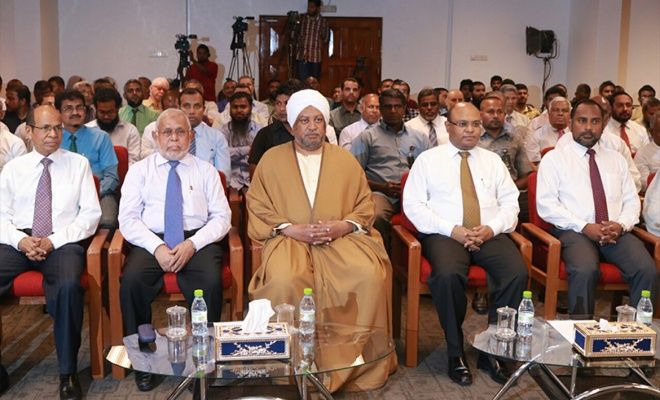Maldives clerics roll out wide-ranging religious agenda
Policies were set on a myriad of issues including Jihad, tourism, trade, education, media and atheism

25 Jan 2017, 09:00
Islamic scholars in the Maldives have laid out a wide-ranging religious agenda that includes a call for written rules for tourists on Islamic behaviour and strategies to prevent Maldivians from committing acts of terror in the name of Jihad.
The action-plan was rolled out on January 21, following at a three-day conference organised by the Islamic ministry.
The annual gathering, now in its fourth year and entitled “Do not overstep the limits set by Allah’, brought together some 50 Maldivian and foreign scholars, according to the state broadcaster, Public Service Media.
Policies were also set on trade, education, media and atheism.
Become a member
Get full access to our archive and personalise your experience.
Already a member?
Discussion
No comments yet. Be the first to share your thoughts!
No comments yet. Be the first to join the conversation!
Join the Conversation
Sign in to share your thoughts under an alias and take part in the discussion. Independent journalism thrives on open, respectful debate — your voice matters.




